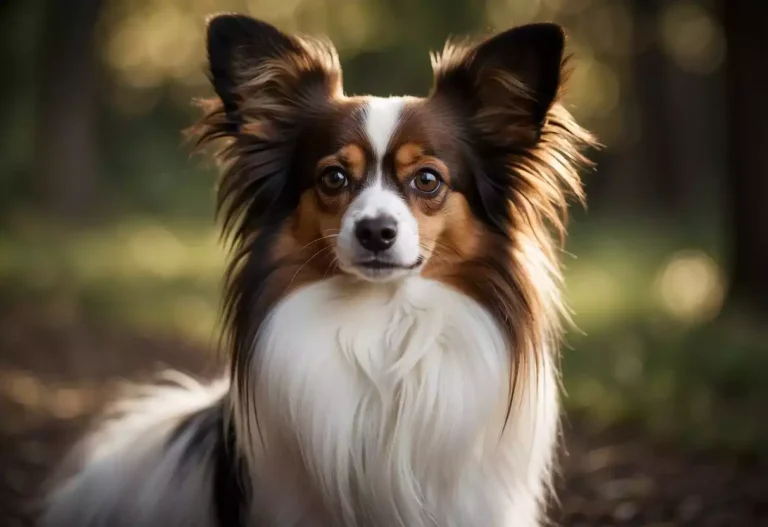The Maltese is a breed that has captured the hearts of many dog lovers with its elegant appearance and affectionate personality. As one of the oldest breeds, the Maltese has a rich history dating back to ancient civilizations such as the Greeks and Romans. Originally from Malta, this dog was highly valued for its companionship and ability to hunt rodents.
The Maltese is a small breed with a long white coat that requires regular grooming to maintain its silky texture. Along with grooming, the Maltese also requires regular veterinary check-ups to prevent health problems such as eye, respiratory, and dental issues. Despite its small size, this breed has a big heart and is known for its playful and loving personality, making it a great companion for those who enjoy spending time with their pets.
If you’re considering adding a Maltese to your family, it’s important to provide consistent training and socialization from an early age to ensure balanced behavior. Additionally, using soft bristle brushes, mild shampoos, and specific conditioners, as well as providing interactive toys, can help maintain your Maltese’s physical and mental well-being.
Origins and History
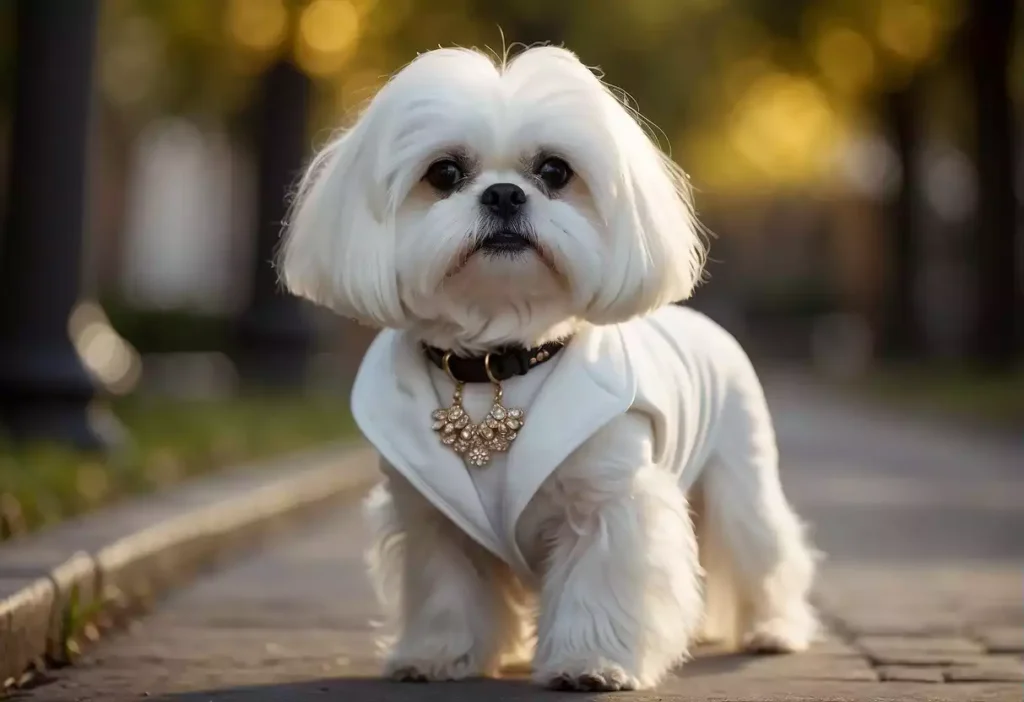
I find the history of the Maltese breed to be quite fascinating. As one of the oldest breeds, the Maltese has a rich and storied past that can be traced back to ancient civilizations such as the Greeks and Romans.
Originally from the Mediterranean island of Malta, the Maltese was highly valued by nobles for its companionship and status. The breed’s small size and charming personality made it a popular lap dog among the aristocracy.
Over time, the Maltese became a popular breed among commoners as well. Its ability to hunt rodents made it a useful companion for those living in urban areas. In fact, the breed’s name is derived from the Latin word “mellitus,” meaning “sweet as honey,” which is a nod to its ability to catch mice and rats.
Despite its popularity, the Maltese faced some challenges throughout history. During the Renaissance, the breed nearly became extinct due to its popularity among the nobility. In the 1800s, the breed was crossbred with other small dogs, leading to changes in its appearance and temperament.
Today, the Maltese remains a beloved breed, known for its elegance and charm. Its long white coat and expressive eyes make it a standout in any crowd. As a Maltese owner, I feel lucky to have such a wonderful companion with such a rich history.
Characteristics and Care
As an owner of a Maltese, it is important to understand the characteristics and care requirements of this elegant breed. In this section, I will discuss the physical condition, personality and temperament of the Maltese and provide tips on how to care for them.
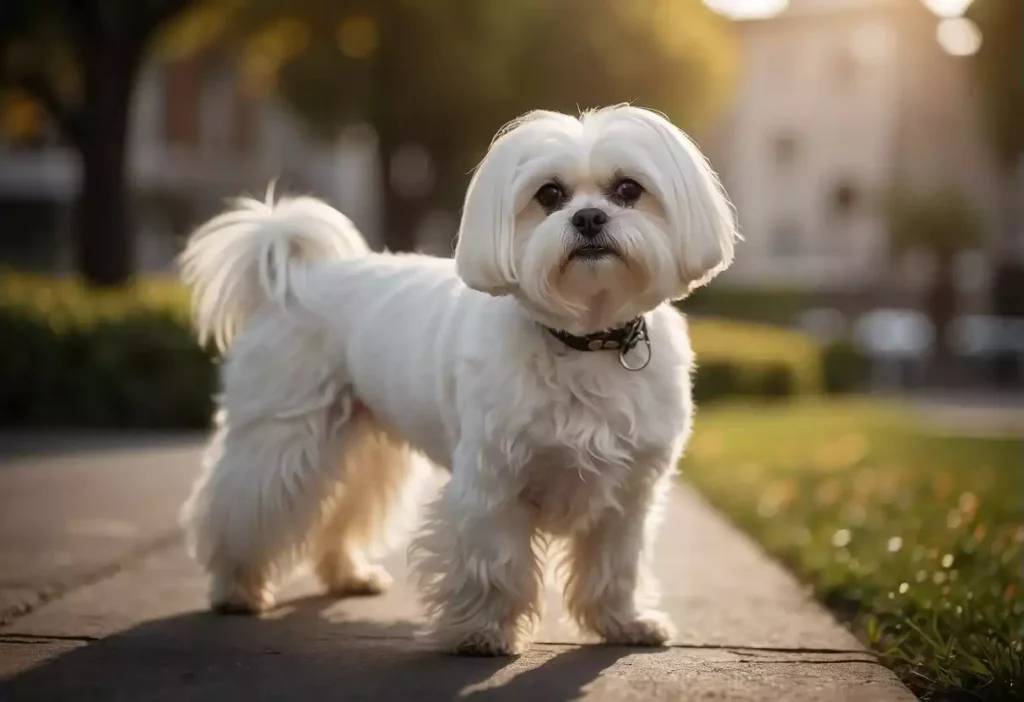
Physical Condition
The Maltese has a beautiful long white coat that requires daily brushing to prevent tangles and mats. It is important to use a soft bristle brush and a mild shampoo to avoid damaging their delicate hair. In addition, regular visits to the veterinarian are necessary to prevent health problems such as dental, respiratory, and eye issues. It is also important to clean their ears and teeth regularly to avoid infections.
Personality and Temperament
Maltese dogs are known for their playful and loving personality. They are highly adaptable and can thrive in different environments with positive training from an early age. They are affectionate and devoted to their family, making them excellent companions. However, they can be prone to separation anxiety if left alone for long periods of time. Therefore, it is recommended to provide them with interactive toys and regular exercise to keep them physically and mentally stimulated.
Maltese: Elegance in a White Coat
As a Maltese owner, I know that my furry friend’s health and well-being are crucial for his happiness and longevity. Although the Maltese is generally a healthy breed, they can be prone to certain health issues that require special attention.
One of the most common health problems for Maltese dogs is dental issues. As a small breed, they are more susceptible to dental problems such as tartar buildup, gum disease, and tooth decay. Therefore, it’s essential to provide them with proper dental care, including regular brushing, dental check-ups, and professional cleanings.
Another health concern for Maltese dogs is eye conditions such as progressive retinal atrophy. This genetic disease can cause blindness in dogs and requires early detection and treatment to prevent vision loss. Therefore, it’s crucial to schedule regular veterinary visits to monitor your Maltese’s eye health.
Respiratory problems can also be an issue for Maltese dogs due to their small size and short snouts. They can develop breathing difficulties such as tracheal collapse, which can be life-threatening if not treated promptly. Therefore, it’s essential to keep your Maltese at a healthy weight, avoid exposure to smoke and pollution, and provide them with regular exercise to maintain their respiratory health.
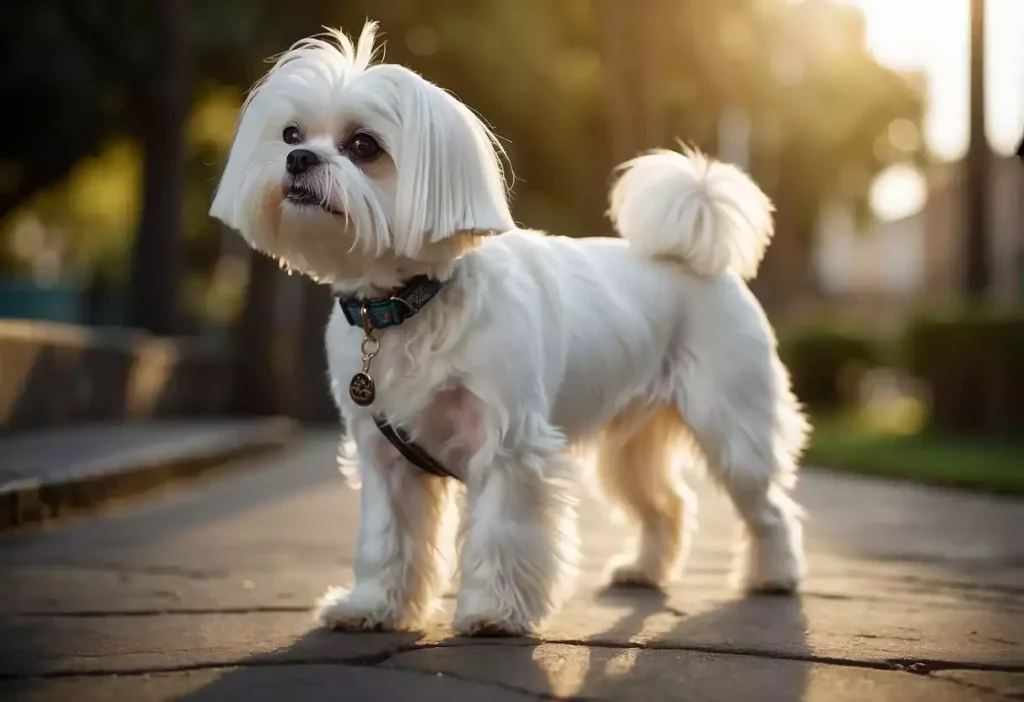
Training Tips
Training a Maltese can be a fun and rewarding experience for both you and your furry friend. As with any breed, consistent training and socialization from puppyhood is recommended for balanced behaviour. Here are some tips to help you train your Maltese:
Use positive reinforcement: Maltese dogs respond well to positive reinforcement training methods, such as praise, treats, and toys. Reward good behaviour and ignore bad behaviour to encourage your dog to repeat the good behaviour.
Be patient: Maltese dogs can be stubborn and may take longer to learn commands. Be patient and consistent in your training, and avoid using punishment or negative reinforcement.
Socialize your dog: Early socialization is important to help your Maltese become comfortable around other people and animals. Introduce your dog to different environments, people, and animals to help them develop good social skills.
Keep training sessions short: Maltese dogs have a short attention span, so keep training sessions short and fun. Aim for 10-15 minute sessions, several times a day.
Use repetition: Repeat commands frequently and consistently to help your Maltese learn. Use the same word for each command, and be clear and consistent in your tone of voice.
Make it fun: Training should be a fun and positive experience for your Maltese. Use toys, treats, and games to make training sessions more enjoyable.
Products for the Maltese
As a proud owner of a Maltese, I have found that there are a few products that are essential for their care and well-being. Here are some of my recommendations:
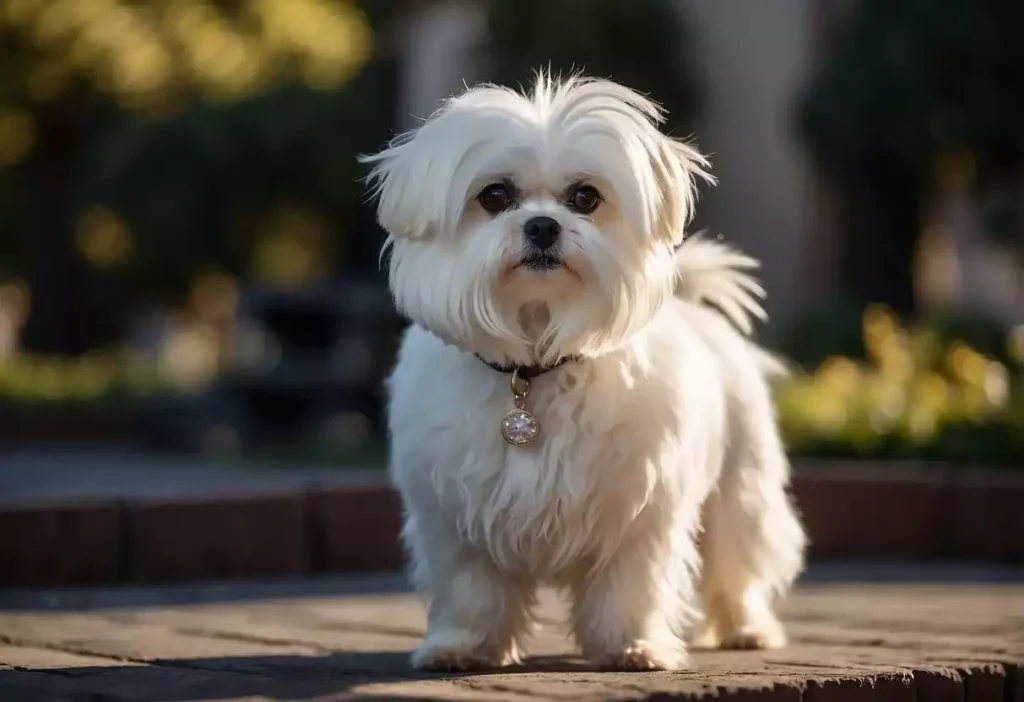
Grooming Tools
Regular grooming is essential for the Maltese’s long, silky coat. A soft bristle brush and a comb with wide teeth are necessary to keep their hair tangle-free and smooth. I recommend using a detangling spray to make brushing easier.
Shampoos and Conditioners
Using a mild shampoo and conditioner specifically designed for dogs is important to keep their coat clean and healthy. I prefer using organic and natural products that are gentle on their sensitive skin. Make sure to rinse thoroughly to avoid any skin irritation.
Dental Care
Maltese dogs are prone to dental problems, so it’s important to take care of their teeth. I recommend using a toothbrush and toothpaste made for dogs, and brushing their teeth regularly. Dental chews and toys can also help keep their teeth clean and healthy.
Toys

Maltese dogs are playful and energetic, so having interactive toys is important for their physical and mental well-being. I recommend getting toys that are small and easy to carry, such as balls, chew toys, and puzzle toys.



